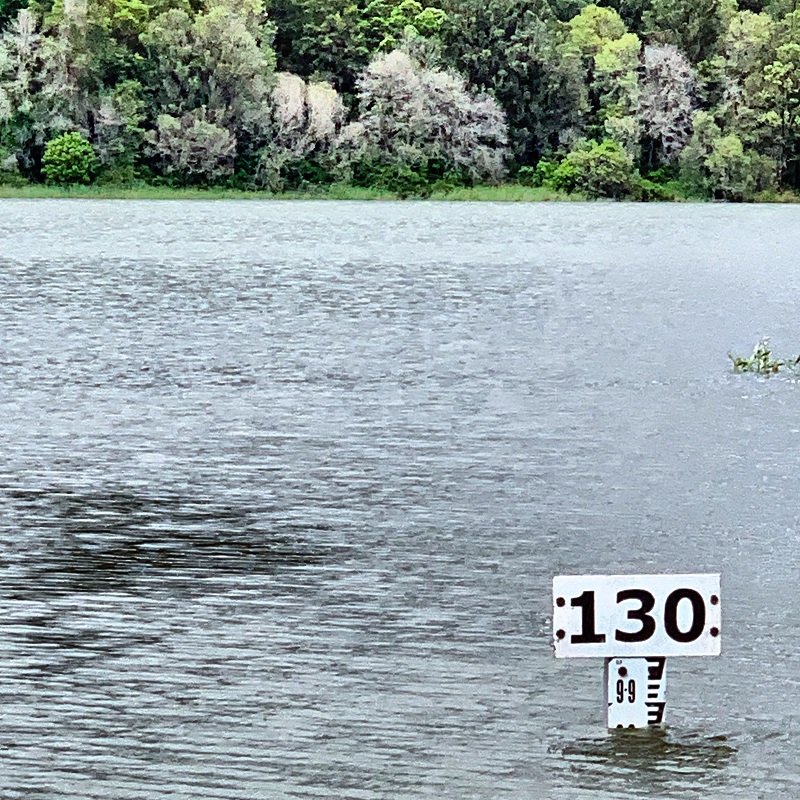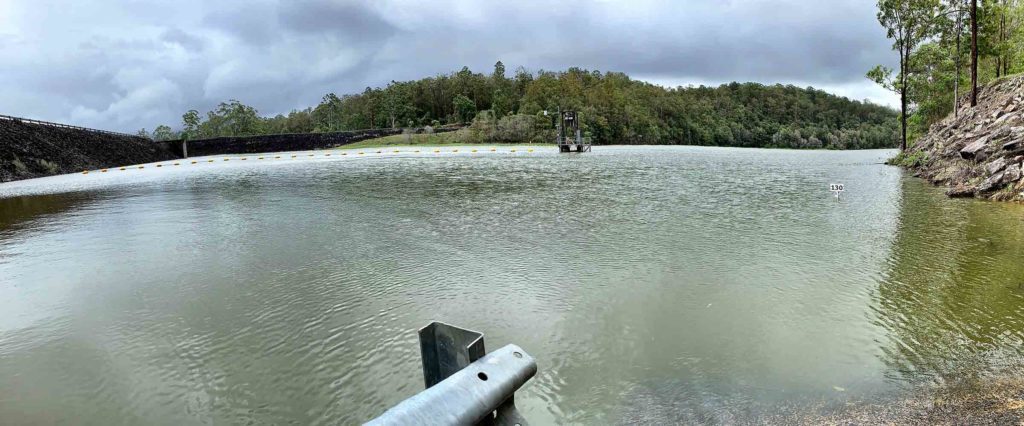Susanna Freymark
Water supply may be the last thing residents are considering right now.
But Richmond Valley Council staff have been investigating water supply options for 10 years.
And while water is aplenty at the moment, remember the brown paddocks and dry land in the 2017–2020 drought years when water supply was crucial?
The council studies have shown there could be future water security issues in Casino.
The study concluded that over a 30-year horizon, there would be an estimated shortfall of 514 megalitres a year in dry times.
Casino’s water supplies a population of 10,000 including 3600 homes as well as commercial and industrial customers.
The Casino Water Treatment Plant can process 23 megalitres a day. On average, the town uses 6 megalitres each day with consumption rising as high as 12 megalitres on rare occasions.
The largest consumer is Casino Food Co-op with an average use of a bit less than 3 megalitres a day.
What about the future? How much water will Casino need and where will it come from?
The study looked at three ways to improve water security.
Use less water
● Saving water by using rainwater tanks was not enough to cover the projected shortfall of water.
● Using recycled water for watering council parks was considered. Unfortunately, Casino’s aging sewerage plant would need a $4 million upgrade to meet recycled water standards.
● Reducing the water used by Casino Food Co-op.
Find a new water source
● Utilising water from Toonumbar Dam is one idea that the council said needed further investigation.
● Connecting to the Rous network and using water from Dunoon Dam. This would costs $11 million and at the moment there isn’t enough water to supply Casino.
● Using groundwater near Casino is difficult because there are issues with salinity and supply is limited.
Increase water storage capacity
● Access the dead pool storage in Jabour Weir.
● Raising Jabour Weir was an idea explored previously. The issue is how this would impact environmental flow requirements.
● Building an off-river storage site. Two potential locations were identified but further investigation is needed to see whether the sites are suitable.
At the October 18 council meeting, Councillor Robert Hayes put forward questions about the Casino Food Co-op water usage to be fully answered at the November council meeting.
Mr Hayes said the Co-op paid $1.06 for each kilolitre of water it uses. Other manufacturing businesses pay $2.88 a kilolitre and residents pay between $2.88–$4.38/kl depending on how much water they use. The Co-op does pay a water access charge along with its consumption charges.
Mr Hayes wants the scoping study to look at the impact if Casino Food Co-op drew water from the Richmond River rather than from the town’s water supply.
These studies cost money. The council has allocated $220,000 towards further water supply studies. The State Government could pay for 50% of the costs of the next phase of the water study.
This study will be presented to the community for feedback when it is complete.




